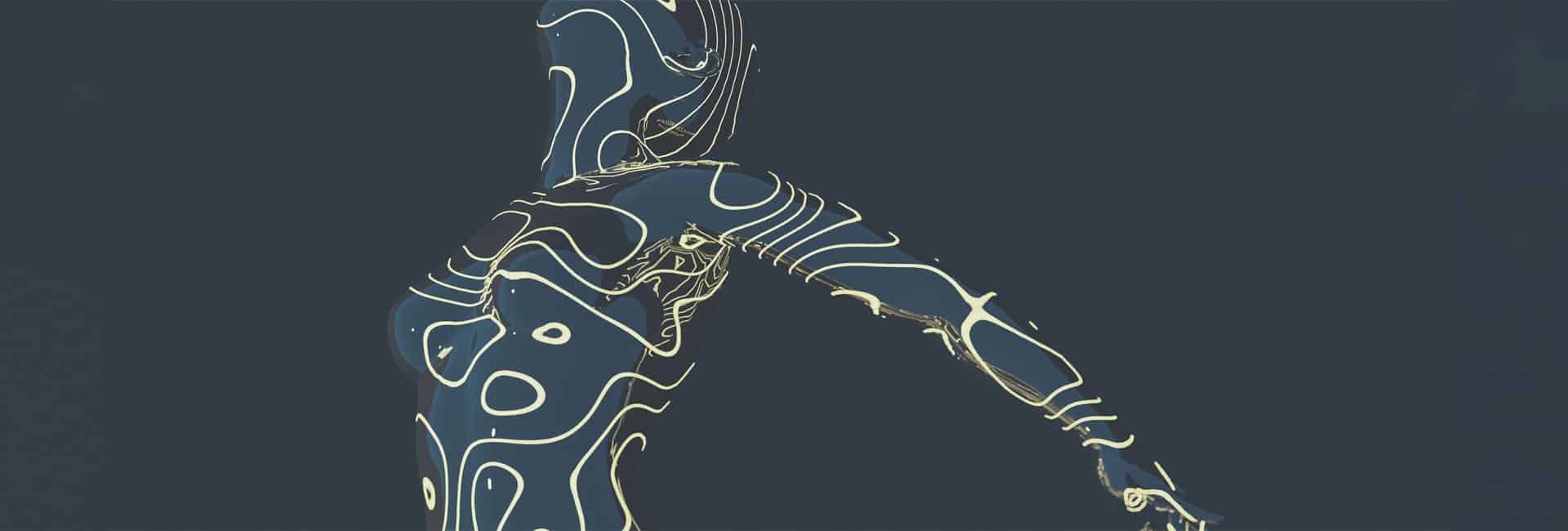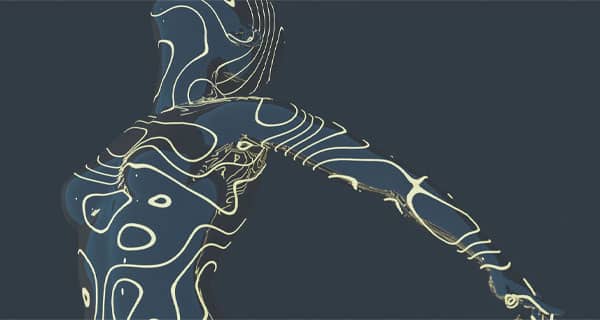
Used under a Creative Commons Licence
AI and the Law: Key Legal Issues for Businesses and Creatives
We are living in a world where artificial intelligence (AI) is transforming everyday life—from personalised shopping recommendations to AI-generated artwork, from self-driving cars to chatbots that can almost pass as human.
At the heart of this revolution are AI-powered creative tools like DALL·E and Midjourney which can generate stunning artwork in mere seconds.
Andrew Ng says that “Artificial intelligence is the new electricity.” As his quote suggests, AI is becoming as fundamental as electricity, shaping the way we interact with the world. But with great innovation comes great legal complexity.
Here are some questions we get asked all the time:
- Who owns AI-generated art?
- What happens when AI “accidentally” copies an existing work?
- Can AI art even be copyrighted?
At Sharon Givoni Consulting, we love technology and the challenges it brings to the legal world.
The intersection of AI, copyright, and intellectual property law presents some of the most fascinating legal questions of our time.
Whether it’s helping a fashion label ensure their AI-generated fabric patterns aren’t infringing existing designs or advising a digital illustrator on whether AI-generated work can be copyrighted, we are now seeing it all.
FAQs – Real life questions about AI and the law
Here are some real-world legal issues we’ve helped clients navigate.
1. AI-Generated Art: Can You Claim Copyright?
One of the first questions people ask us is: Can I copyright AI-generated art?
The short answer? No—at least not in Australia.
Under Australian copyright law, only works created by humans can be protected. That means if AI is the sole creator of an artwork, no one owns the copyright. But we need to stress that this isn’t always clear-cut. Take, for example, a client we advised who used AI-generated textures in a graphic design project. Their work involved manipulating AI outputs with their own artistic input.
The question became: how much human involvement is enough to claim copyright?
We helped our client structure their creative process to ensure that:
- Their human input was substantial enough to justify a copyright claim.
- They documented their creative decision-making process to demonstrate originality.
- Their commercial agreements with clients made it clear who owned what.
This is becoming a common issue for artists, designers, and even brands using AI-generated packaging and logos.
If you’re using AI in your creative process, document every step to protect your work.
As Hawking’s words suggest, AI can be the best or worst thing to happen to us, and in the realm of copyright, that depends entirely on how we use it.
2. Are You Copying Someone Else’s Work Without Realising?
One of the biggest risks with AI-generated art is unintentional copyright infringement.
Imagine this: A fashion client came to us after using an AI tool to design a bold, floral print for a clothing line. The print was beautiful, unique… but after some reverse image searches, we discovered it bore a striking resemblance to an existing artist’s work.
The problem? AI models are trained on billions of existing artworks. Sometimes, they regurgitate pieces of existing copyrighted material. And while this isn’t intentional, it can still lead to legal trouble.
For this client, we:
- Conducted an originality review of their AI-generated designs.
- Helped them modify their work to ensure it wasn’t substantially similar to existing copyrighted pieces.
- Advised them on how to licence AI-generated assets properly.
What we are seeing at Sharon Givoni Consulting is that AI is blurring the lines between originality and replication.
Businesses must take a proactive legal approach—because, as Ng’s words remind us, AI is becoming foundational in all industries, including creativity.
3. What Happens When Your art or written work Is Used to Train AI?
Many artists and designers are furious that their work has been used to train AI without consent. But is this legal?
Currently, Australian copyright law doesn’t directly address AI scraping the internet for training data. However, under the Copyright Act 1968 (Cth), using copyrighted material without permission for commercial purposes could amount to infringement.
We’ve already advised several Australian artists and illustrators who suspect their work has been used by AI models.
Services we can help you with
The legal options will depend on the specific circumstances, but may include:
- Identifying ways to monitor and track AI-generated works that resemble existing creations.
- Understanding the avenues available for challenging the use of AI-generated content.
- Exploring potential legal frameworks and strategies for protecting creative rights.
4. The Future of AI and Copyright in Australia
As AI rapidly evolves, copyright law will have to catch up.
We expect to see major legal changes in the next few years, including:
- New laws requiring AI companies to disclose training data.
- Compensation models for artists whose work is used in AI training.
- Clearer guidelines on when AI-generated works qualify for copyright protection.
How Sharon Givoni Consulting Can Help
At Sharon Givoni Consulting, we offer expert legal advice tailored to the intersection of AI, copyright, and business law.
What we can do for you
- Artists and designers protect their work from AI misuse.
- Businesses ensure their AI-generated content doesn’t infringe on others.
- Companies develop AI content policies to stay legally compliant.
We love technology—and we love solving the legal puzzles it brings. We make it simple—because our motto is “Legal Ease, Not Legalese.”
Need AI copyright advice? Contact Sharon Givoni Consulting today.
For More Reading:
To read more about AI go here:
https://libguides.adelaide.edu.au/artificial_intel
To read more about what businesses need to in light of AI click here:
https://sharongivoni.com.au/ai-and-copyright-in-australia-what-artists-and-businesses-need-to-know/
To learn more about the impact of AI on society and how it is reshaping education, healthcare, government, and law, visit the link below. While AI offers groundbreaking opportunities, it also raises complex legal challenges in copyright, privacy, cybercrime, and automated decision-making.
Read more on Law Reform in the Age of AI here:
https://ministers.ag.gov.au/media-centre/speeches/law-reform-age-ai-17-10-2024
Please note the above article is general in nature and does not constitute legal advice.
Please email us info@iplegal.com.au if you need legal advice about your brand or another legal matter in this area generally.


